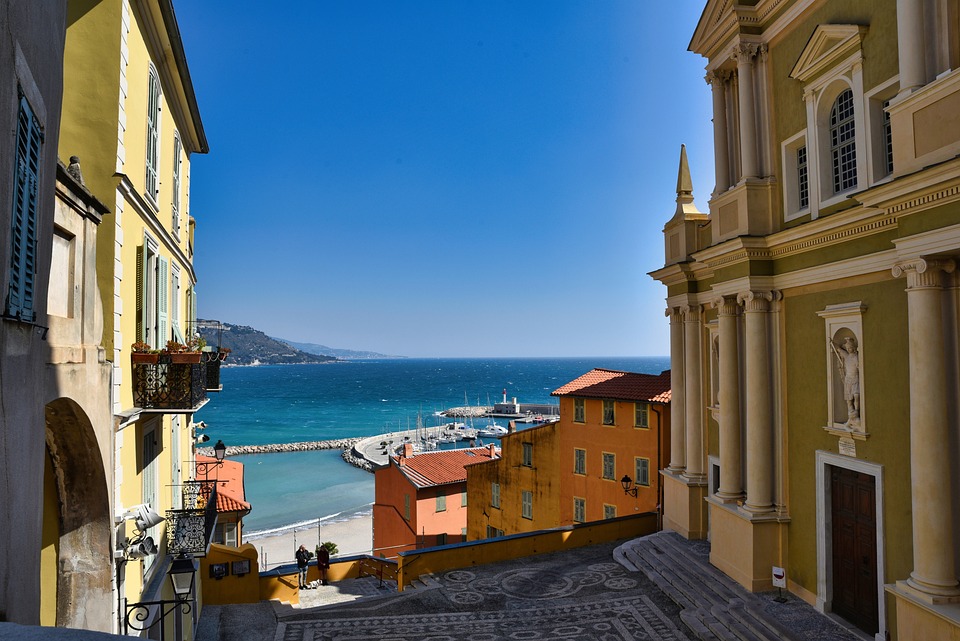The History of Cannes Film Festival
The Cannes Film Festival is one of the most prestigious and glamorous film festivals in the world. It was founded in 1946 and has since become an annual event held in the city of Cannes, France. The festival was created as a response to the Venice Film Festival, which had been held during the war years. The festival quickly gained international recognition and has since become a major event in the film industry calendar.
The Palme d’Or
One of the most coveted prizes awarded at the Cannes Film Festival is the Palme d’Or, which is given to the best film in the competition. The award was created in 1955 by the festival’s organizing committee and has become one of the most prestigious awards in the film industry. Some of the most notable winners of the Palme d’Or include films such as “Pulp Fiction,” “Apocalypse Now,” and “The Piano.”
The Red Carpet
One of the most iconic aspects of the Cannes Film Festival is the red carpet. The red carpet at Cannes is known for being one of the most glamorous and star-studded events in the world. Celebrities and filmmakers from around the world descend upon Cannes to walk the red carpet and attend screenings of their films. The red carpet is a spectacle in itself, with photographers and fans lining the streets to catch a glimpse of their favorite stars.
The Cannes Film Market
In addition to the official selection of films that are screened at the festival, the Cannes Film Festival also hosts the Cannes Film Market. The Cannes Film Market is a marketplace where filmmakers, producers, and distributors can buy and sell film rights. The market is an important event for the international film industry, as it allows filmmakers to showcase their work to potential buyers and investors. The Cannes Film Market is a vital component of the festival, as it helps to promote and support the global film industry.
The Cannes Critics’ Week
The Cannes Critics’ Week is a section of the festival that is dedicated to showcasing the work of first-time filmmakers. The Critics’ Week was established in 1962 and has since become an important platform for emerging talent in the film industry. The section features a selection of films by new directors, who are competing for the prestigious Critics’ Week Grand Prize. The Critics’ Week is an exciting and innovative addition to the Cannes Film Festival, as it allows for the discovery of new voices and talent in the film industry.
The Directors’ Fortnight
The Directors’ Fortnight is another important section of the Cannes Film Festival that showcases the work of independent and innovative filmmakers. The Directors’ Fortnight was established in 1969 as a response to the Cannes Film Festival’s official selection. The section has since become a platform for groundbreaking and boundary-pushing cinema. The Directors’ Fortnight features a selection of films by new and established directors, who are competing for the prestigious Directors’ Fortnight Prize.
The Impact of Cannes Film Festival
The Cannes Film Festival has had a major impact on the film industry, both in terms of cultural influence and economic impact. The festival has helped to launch the careers of many filmmakers and actors, who have gone on to achieve international success. The festival has also helped to promote and support the global film industry, by showcasing a diverse range of films from around the world. In addition, the Cannes Film Festival has become an important event for the fashion industry, as it is known for its glamorous red carpet events and celebrity attendees.
The Economic Impact
The Cannes Film Festival has a significant economic impact on the city of Cannes and the surrounding region. The festival attracts thousands of visitors each year, who come to the city to attend screenings, events, and parties. The festival also generates millions of dollars in revenue for the local economy, through hotel bookings, restaurant sales, and tourism. The Cannes Film Festival is a major driver of economic activity in the region, and is an important event for the local businesses and residents.
The Cultural Influence
The Cannes Film Festival has had a major cultural influence on the film industry and popular culture. The festival has helped to promote and showcase a diverse range of films from around the world, including arthouse cinema, independent films, and foreign-language films. The Cannes Film Festival has also become a platform for important conversations about film and art, and has helped to elevate the status of cinema as an art form. The festival has become a symbol of prestige and glamour, and is known for showcasing some of the best films and filmmakers in the world.
In conclusion, the Cannes Film Festival is a showcase of glamour and prestige that celebrates the art of cinema and supports the global film industry. The festival has a rich history and tradition of showcasing the best films from around the world, and has become an important event for filmmakers, producers, and cinephiles. The Cannes Film Festival continues to be a major cultural event that attracts international attention and helps to promote and support the art of cinema.



